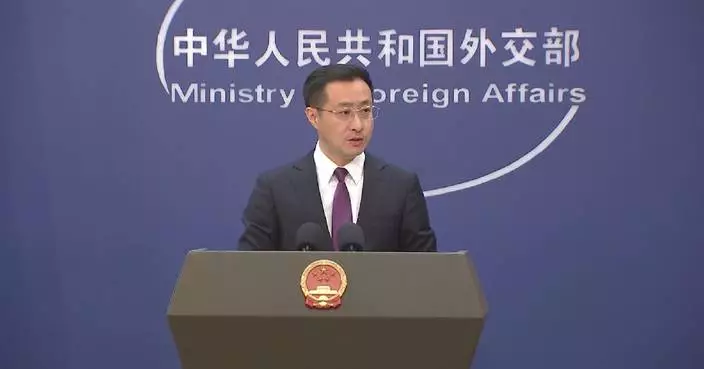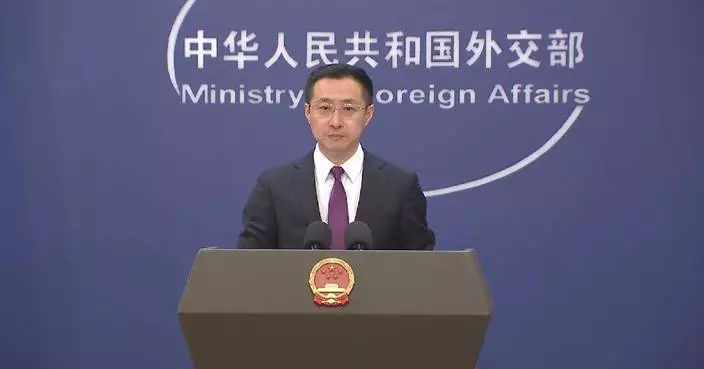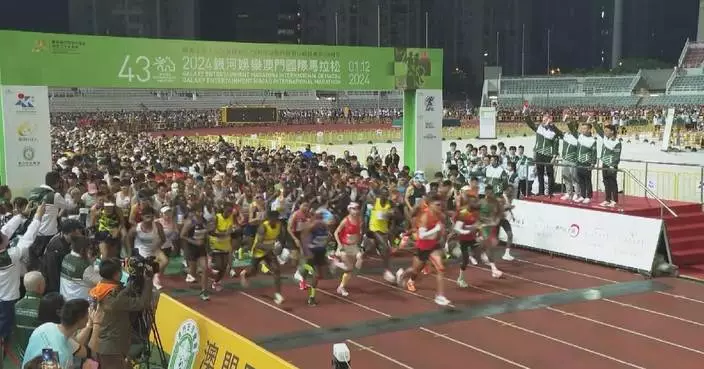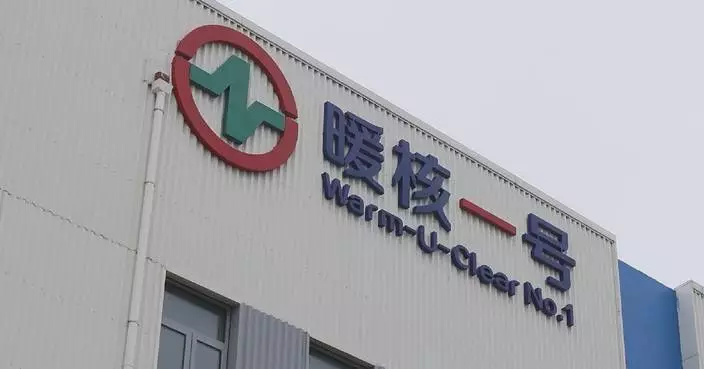The U.S. Department of Commerce's announcement of its preliminary decision to impose anti-dumping tariffs of up to 271 percent on solar products imported from four Southeast Asian nations has sparked serious concerns and criticisms.
The affected countries include Cambodia, Malaysia, Thailand, and Vietnam, which together account for approximately 80 percent of the crystalline silicon photovoltaic cells and modules made with them that are imported into the United States.
The U.S. investigation was prompted by a petition filed in April this year by the American Alliance for Solar Manufacturing Trade Committee, which represents solar manufacturers of the United States. The committee accused foreign producers of selling solar products in the U.S. at prices below production costs.
However, the decision to impose such high tariffs has sparked significant opposition. Critics, including American solar developers, foreign manufacturers, and industry experts, argue that the tariffs will unfairly benefit large solar panel manufacturers operating in the U.S. while driving up the costs of renewable energy projects.
Joseph Matthews, a senior professor at the BELTEI International University in Cambodia, voiced concerns about the U.S. move, saying it is illogical to impose anti-dumping tariffs on products from ASEAN countries. He said this policy will not revive the U.S. solar manufacturing industry, instead, it will burden American importers and consumers with higher costs and losses.
As the U.S. government moves forward with its investigation, the final ruling is expected to come out in April 2025, with the country's International Trade Commission due to make its final decision in June 2025.
Industry stakeholders are awaiting the outcome, aware that the policy could have far-reaching implications for the solar industry.
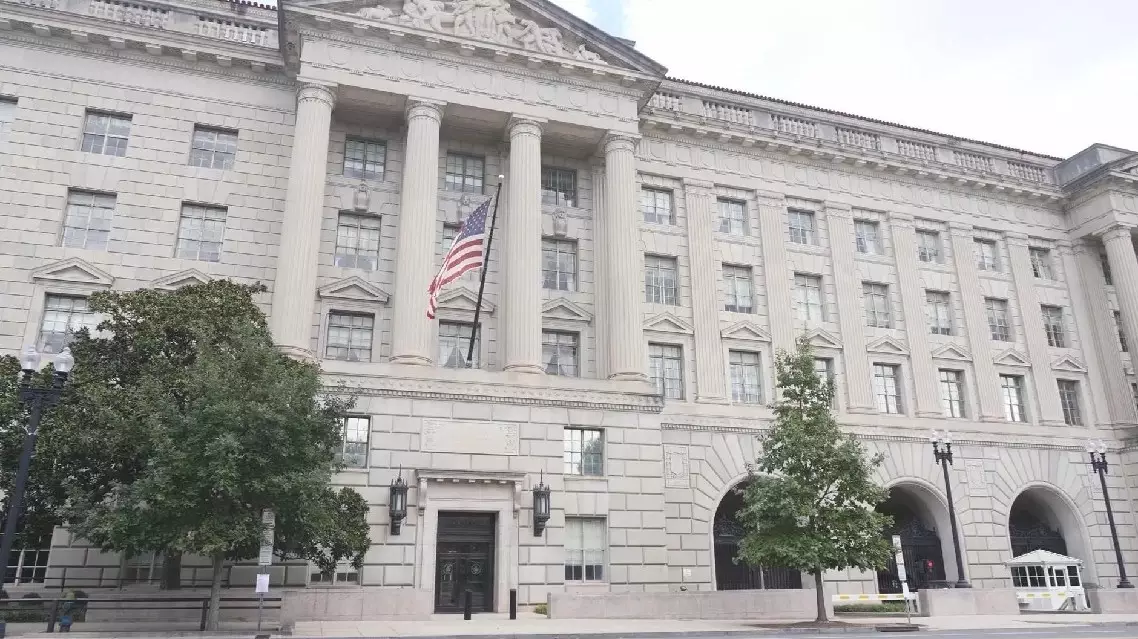
Potential US tariffs on Southeast Asian solar imports spark concerns
China's new tax policies came into effect on Sunday, which are expected to support the steady and healthy development of the real estate market, a pillar industry of the country's national economy.
In mid November, the Ministry of Finance said the country will increase incentives in terms of deed tax to actively support people's essential housing needs and needs for improving their housing conditions.
Individuals purchasing their only residential property or a second home, as long as the area does not exceed 140 square meters, will pay deed tax at a rate of one percent across the country. For properties with an area exceeding 140 square meters, the deed tax will be levied at a rate of 1.5 percent.
Home buyers planning to buy second homes in Beijing, Shanghai, Guangzhou and Shenzhen will benefit the most from the revised deed tax, as a previous rate of three percent had been applied to all four of these first-tier cities, according to officials.
On the morning of Monday, the first working day after the new policies came into force, a tax service hall in downtown Beijing was bustling with homebuyers, accompanied by real estate agents, who seek to pay tax and register their homes.
"This is the second house my family bought. It is about 100-square-meters big at a price of more than eight million yuan (about 1.1 million U.S. dollars). Following the new policy, I paid a deed tax of 80,000 yuan, saving 160,000 yuan compared with the previous policy," said a homebuyer.
"Today is the first working day after the new policy came into force. We and our clients made appointments on this day to handle tax payment and transfer of (house) ownership to enjoy the benefits of the new tax policies as soon as possible," said Sun Licheng, a real estate agent.
"Today, both taxpayers making online applications (for real estate's tax payment and transfer of ownership) and those doing business offline are apparently more than usual. We have not only added three service counters to our tax hall, but also increased staff for offline and online application review," said Chen Zhan, director of the sixth taxation office at the Beijing Haidian District Taxation Bureau under the State Taxation Administration. The Beijing municipal taxation bureau expects the new tax policies to strengthen the property market's recovery momentum, and promote the stable and healthy development of the sector.
Data show that in November, 18,520 pre-owned houses were signed online in Beijing, marking a month-on-month increase of eight percent and a year-on-year growth of 50 percent.
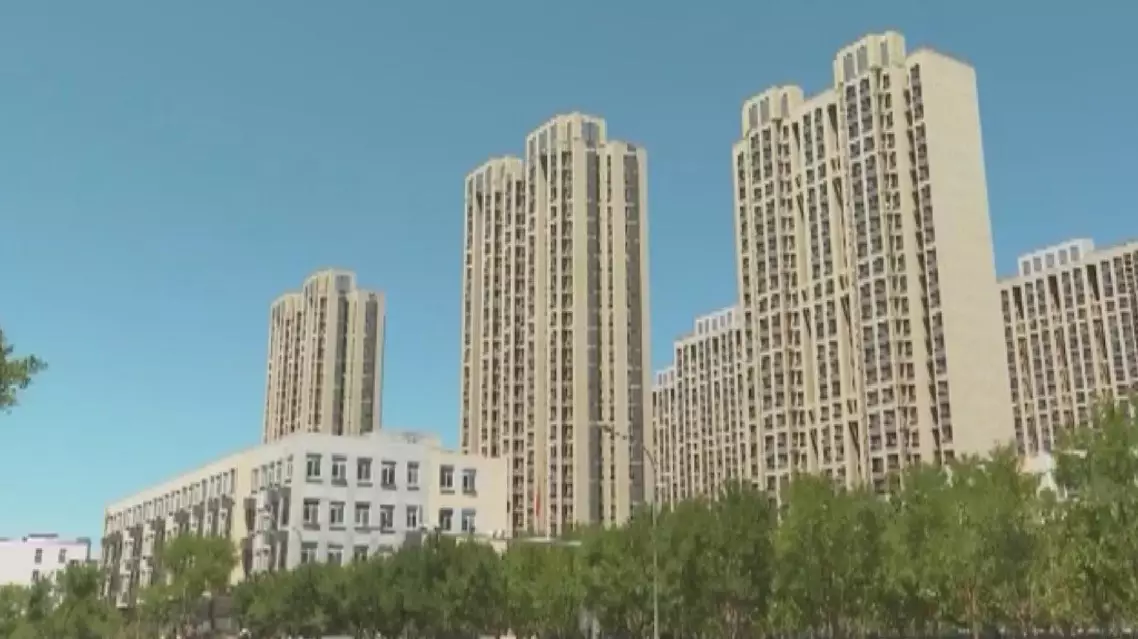
New tax policies in place, property market recovers




